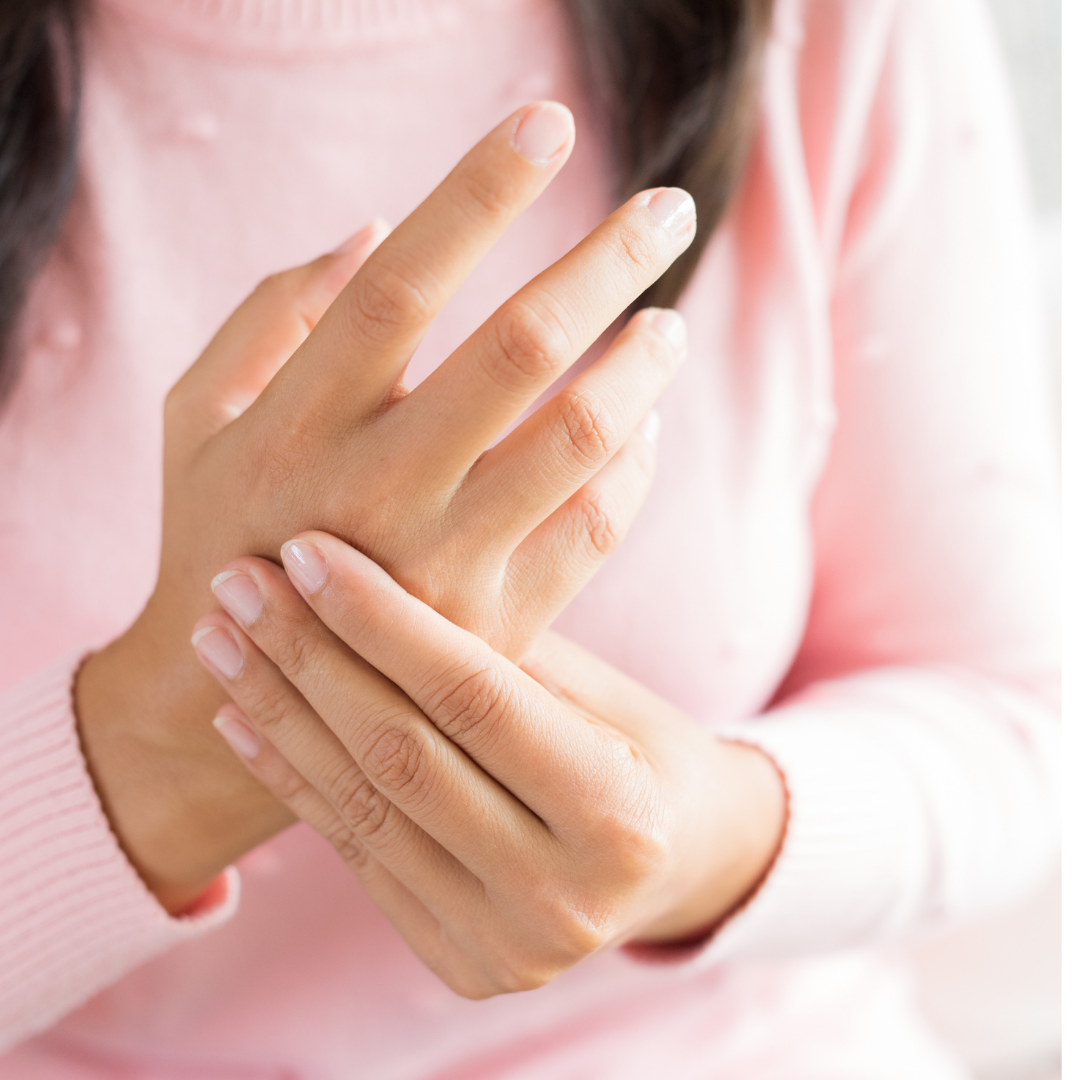Did I just have a hot flush, I am only 42!
Estimated Reading Time: 3 mins
Have you ever woken up drenched in sweat, feeling both hot and cold, and wondered if this is the start of perimenopause or if you are coming down with the flu? As I approached my forties, I found myself in this confusing predicament.
I began questioning whether these symptoms were signs of illness or if they were the unwelcome companions of perimenopause.
I began questioning whether these symptoms were signs of illness or if they were the unwelcome companions of perimenopause. Join me as we delve into the answers, unraveling the enigma of hormonal changes.
Is this the flu?
At 42 years old, I found myself waking up in the dead of night, my pajamas soaked with sweat, shivering from the cold. My body's temperature regulation had gone haywire.
With my husband away that night, I tossed and turned, wrestling with blankets, contemplating if this was just the flu or a preview of the next 5 to 10 years leading up to menopause. Sleep eluded me, and the following day, I was left feeling tired, ravenous, and irritable.
Finding answers about night sweats
Like any inquisitive person, I turned to my trusty friend, Google, desperately searching for tips to cope with not flushes and night sweats. I discovered suggestions like wearing loose-fitting clothes and having lightweight blankets nearby for easy removal.
The following night, armed with this newfound knowledge, I was better prepared, but the experience remained unpleasant.
Inflammation and Hormones
Being attentive to my health since the age of 24 due to chronic inflammatory conditions, I believed that maintaining a healthy diet and regular exercise would shield me from these dreaded perimenopause symptoms.
I believed that maintaining a healthy diet and regular exercise would shield me from these dreaded perimenopause symptoms.
There's plenty of evidence supporting the idea that lifestyle changes can make menopause easier, and I was already implementing them. However, upon reflecting on the week leading up to the symptoms, I realized that my inflammation had flared up.
Migraines, digestive issues, bloating, and brain fog had all appeared. I started to wonder if there was a connection between perimenopause symptoms, inflammation, and hormonal changes.
Understanding the Link between hormones, Inflammation, and Menopause Symptoms
Research reveals that chronic inflammation can intensify menopausal symptoms by disrupting the delicate hormonal balance in the body. This disruption leads to more frequent and severe hot flashes, mood swings, and other symptoms, although there is little information connected to specific disease states.
What we do know for sure is that chronic inflammation can negatively affect bone health, which is already a concern during menopause due to declining estrogen levels.
The question then arises: If you have a chronic inflammatory condition, do you have to endure these symptoms? Fortunately, after a few days, my inflammation subsided, and the symptoms haven't returned for several months. I hope they stay away.
Shared Experiences
Curiosity led me to discuss my experiences with clients who also suffer from chronic inflammatory conditions such as insulin resistance, Crohn's disease, and arthritis. To my surprise, when their inflammation flared up, some of them noticed hot flushes or night sweats too. They had initially mistaken these symptoms for signs of the flu, just like I did.
Symptoms like sleep disturbances, headaches, and digestive issues can occur during both perimenopause and illness.
There are things you can do to manage both inflammation and perimenopause symptoms: daily activity, healthy food with a lot of vegetables and limited processed food, meditation or mindfulness to help keep stress down and keeping track of your symptoms and seeking support when something doesn’t feel right. This podcast episode explains it in more detail.
Differentiating and Seeking Help
While it's crucial to seek medical attention if symptoms persist, it's essential to identify whether the root cause is inflammation, hormonal changes, or a combination of both.
Symptoms like sleep disturbances, headaches, and digestive issues can occur during both perimenopause and illness. By understanding the distinct characteristics of each, you can gain clarity and make informed decisions about your health.
Consult with your healthcare provider for an accurate diagnosis and personalized guidance throughout this transitional phase. Embrace self-care practices and seek support from those who understand your experiences, ensuring a smoother journey through perimenopause and beyond.
Summary
Navigating the changes that occur during perimenopause can be challenging, particularly when symptoms overlap with signs of illness. By unraveling the mysteries of perimenopause and learning to differentiate between illness, disease, and hormonal changes, you can embark on a journey of self-discovery.
Remember to consult with your healthcare provider, practice self-care, and seek support from those who empathize with your experiences. Together, we can navigate perimenopause with confidence and ease.
References/Citations
Chen, Y., Huang, Y., Liu, H., Kor, T., Chao, C., & Wu, M. (2022). The relationship between hot flashes and fatty acid binding protein 2 in postmenopausal women. PLOS ONE, 17(10), e0276391. https://doi.org/10.1371/journal.pone.0276391
Ginaldi, L., Di Benedetto, M. C., & Martinis, M. D. (2005). Osteoporosis, inflammation and ageing. Immunity & ageing : I & A, 2, 14. https://doi.org/10.1186/1742-4933-2-14
@ant-inflammatory.dietitian
@biohacking.dietitian

































